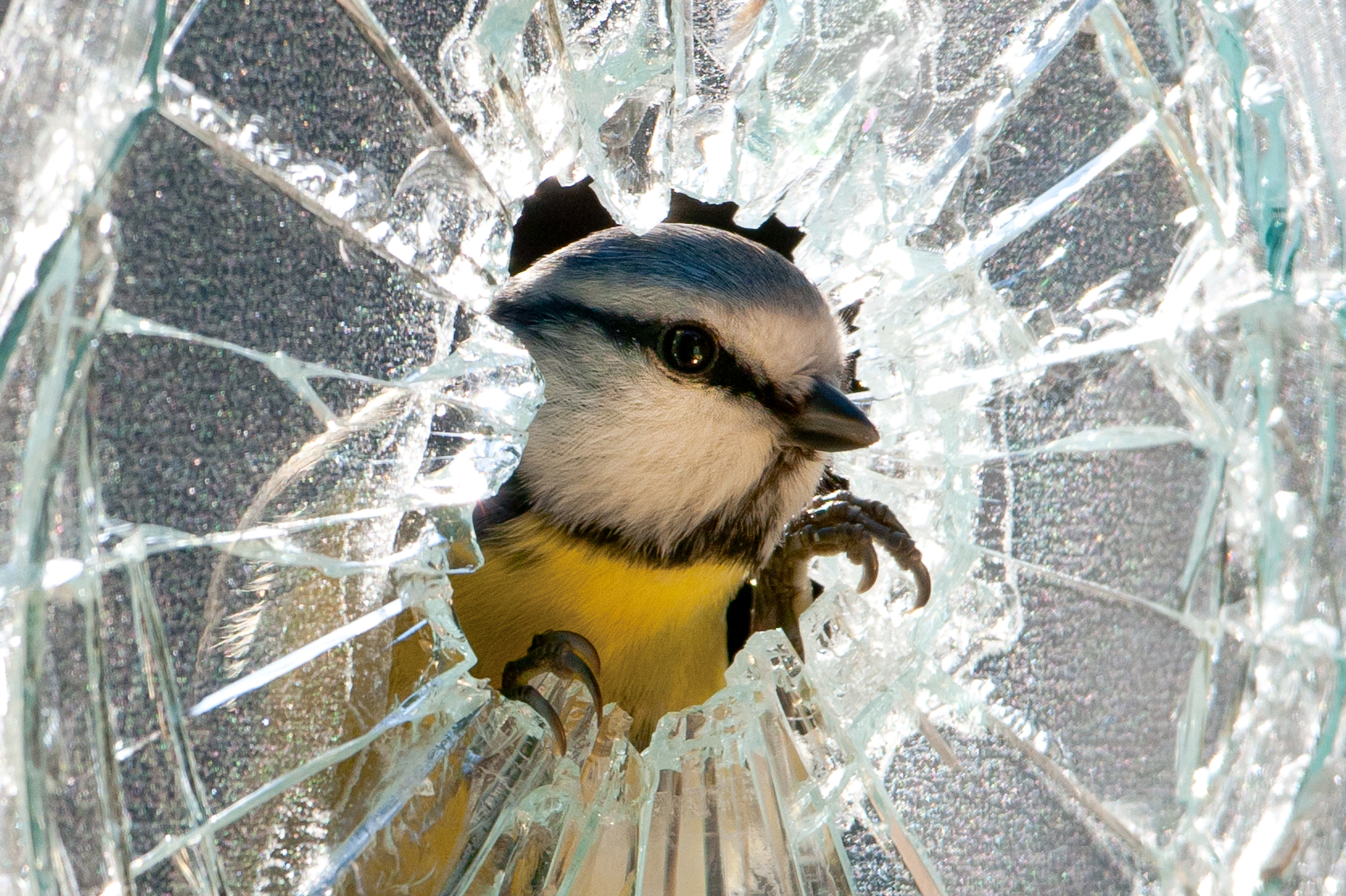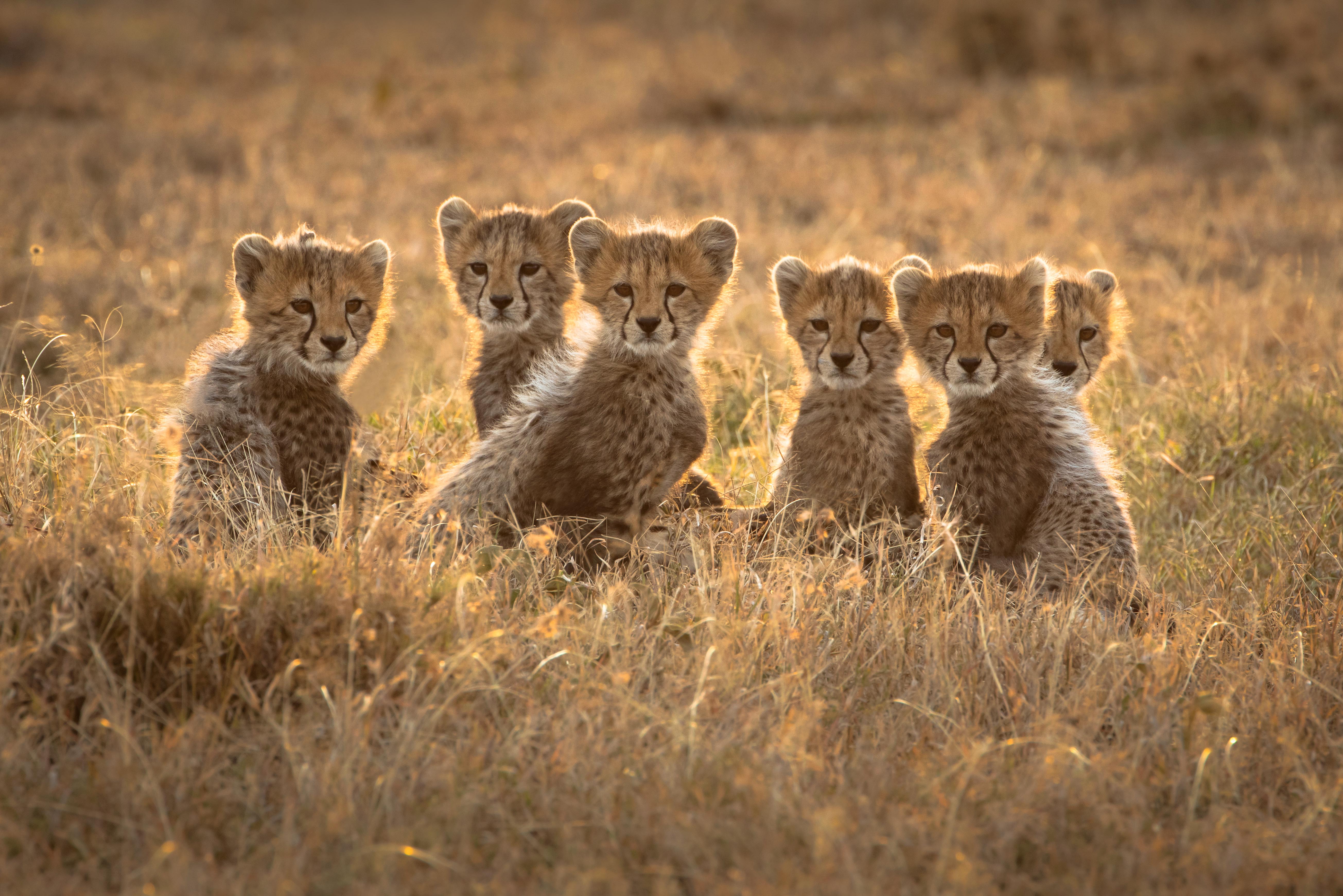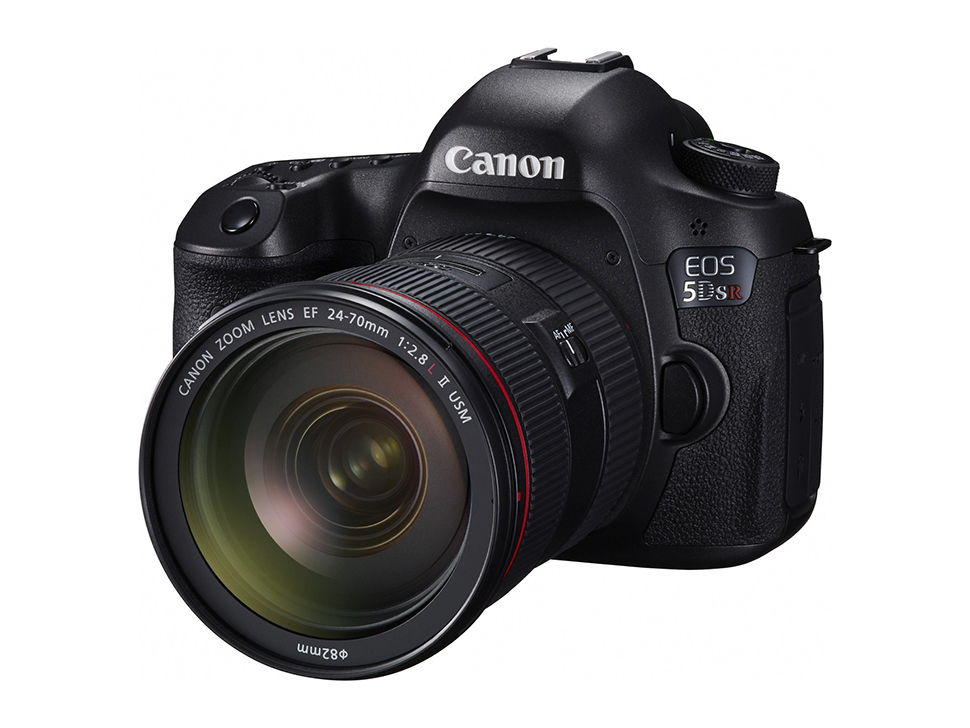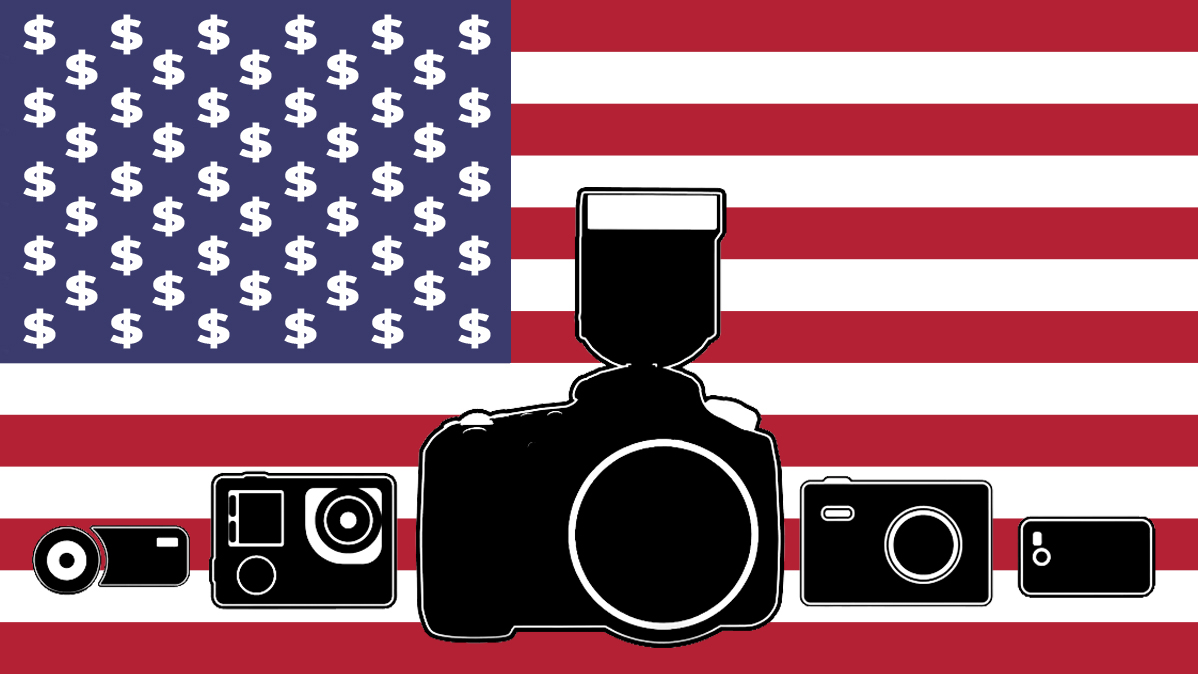Chris Packham talks cameras, campaigns and creativity
Ahead of his appearance at The Photography Show, the TV presenter and wildlife photographer talks Canon kit, pushing creative boundaries and a natural world in need of our help

The best camera deals, reviews, product advice, and unmissable photography news, direct to your inbox!
You are now subscribed
Your newsletter sign-up was successful
Chris Packham is a remarkable naturalist, whose knowledge, enthusiasm, and fascination for wildlife has seen him presenting television programs for almost 35 years. As well as being a prolific television presenter, Chris is also an accomplished wildlife photographer and filmmaker.
Ahead of his talk at The Photography Show in Birmingham – Chris will be on the Canon Spotlight Stage on 14th and 15th March – we hoped to discover how and why he takes photos, and what insights he'll be sharing a the show.
• The Photography Show 2020: Legendary Super Stage speakers announced
Where in the world are you now, and what projects are you currently working on?
In terms of projects, besides some poodle training, I’m working on a series of things with the BBC, which we're going to be starting soon. Obviously we've got Springwatch coming up in March.
I’m also launching several Wildlife Rebellions with my stepdaughter, Megan McCubbin, and we'll be doing that in in mid-March.
We'll be campaigning to raise the issue of ongoing biodiversity loss. We want to get people thinking, but equally we want to offer them solutions firsthand. I mean, it's clear that we are all part of the problem when it comes to our common environment emergency.
But if we keep saying that to everyone, I fear that they'll put their head in the sand and think, "Well, it's beyond my control. There's nothing I can do." And in fact there are many things that we can all do.
The best camera deals, reviews, product advice, and unmissable photography news, direct to your inbox!
So part of the solution is not just to present the truth, which is very often bad news, but also giving people very real opportunity of making some meaningful changes themselves.
Wildlife photography means something different to every wildlife photographer and naturalist. For you, is it more of an artistic endeavour or a way to record subjects and species?
It's always been the former. I'm not particularly interested in illustrative pictures. I'm a man who leans to the abstract and expressionist end of the art gallery.
So for me it's always been about trying to find a way of uniquely representing something which I have an intense passion for. In order to succeed in my task, I have to take risks. And when you take risks, you fail a lot.
I've always considered that failure is a very important ingredient of my photographic endeavours. I'm happy to fail because I'll likely be able to continue to sort of push the envelope.
And that's what I try to do. I bought a Canon EOS R camera and I've had it converted to infrared. Most people normally shoot infrared in high contrast situations; you see lots of pictures from the African plains of big skies, big puffy clouds, black elephants on white grass... but I'm going to use it to photograph much smaller things.
I'm thinking, "What can infrared offer me in the macro world?"
How has photography shaped your relationship with nature? And how has nature shaped your photography?
Well, nature's not easy to photograph… you can't even control the weather, which is the first thing that we have to deal with. Once I choose a subject, I learn so much more about it through very precise observation, not necessarily down the lens but before it gets to the lens point.
You need to do a lot of research to find out firstly how you're going to approach your subject. You have to understand its behaviour and its ecology and so forth.
Then you have to look at everyone else's work so you're not replicating it. And that will teach you a lot about how that subject is photograph-able. All of this I think is a great means of again, focusing a very intense interest.
Why do you think nature photography has such a positive effect on your mental health?
Firstly, to partake in nature photography, you've got to be in nature. Many people respond in a positive way both mentally and physically actually to being in those greens spaces.
I find it relaxing. I'm not intimidated or frightened by any aspect of it, so I find it a very comfortable place to be.
But then when you bring in the photography to that, for me it's about the focus, the single mindedness of it. You’re looking down the lens, a tiny part of the world, a tiny part of time and the entirety of our universe and you chose when to stabilise that moment forever.
I don't do it casually. I think a lot about it. I plan it. I go there. I anticipate and I try to maximise my chances of getting perfection, which is what I'm interested in.
I know we're never going to get it, of course, but that drive… that amount of focus means I can't think about much else if I'm honest with you. It shuts the world down.
Your talk at The Photography Show is called, Pushing Yourself: Improving your Photography. What can we expect?
I will cover some of the projects I've been working on recently and talk far more about – I don't want to make it sound posh or clever – but what I call the intellectual side of photography.
The thinking about it side, not the doing. I mean, doing it is exciting and it's being in the field and it's pressing the buttons, that moment. But I spend a lot of time in advance thinking about what I'm going to do.
Sometimes you get lucky. You'd go out and on the off-chance something pops up, you press the button and everything is easy.
But I find that if you plan things and think about them and think about your pictures and what you want them to say and how you want them to feel, that’s another thing.
For me pictures have feeling, they convey a sense of something. It can be space, it can be beauty, it can be all sorts of things. So I try to identify those in advance because that will shape the sort of picture that I want to take.
Whether it's contrasty or low contrast, whether it's back lit or front lit. All the simple fundamental things which put flavour into a photograph, I like to think about in advance.
I am also going to talk about using new Canon equipment, but thinking about how I can use it in a new way.
• The Photography Show: What's on, when, and everything you need to know
Your talk is on the Canon Spotlight stage. Have you always used Canon gear? And is kit important to you?
Kit it a tool, but I wouldn't say it was just a tool. I mean I think that with the right tool you can do the right job.
I feel the Canon range has always been the most versatile in terms of what could it can offer. I have shot with other manufacturers, but I've come back to Canon with absolutely no regrets. I came back for the Canon EOS 5DS R, and it's completely reignited my passion for photography. That says something about the fact the kit is actually important.
I've just sold my 200-400mm and my 500mm F/4 lenses and bought a new 600mm F/4 which is lighter than the old 500mm. When you put the EOS R on the new 600mm, honestly it's quite disconcerting because you sort of think, "Surely, it's just a toy isn't it?"
For me, image capture is important and I think something you've got to do with thought and integrity, though I'm also interested in the post-process. But understanding how your camera and that photograph work together is really important.
I'm still shooting on the 5DS R which is my favorite camera in the history of working. I love that camera.
When to see Chris Packham on the Canon Stage at The Photography Show 2020
Learn more about Chris' work and advice at the Canon Spotlight Stage at The Photography Show, on Saturday 14 March at 2.15pm and Sunday 15 March at 12.30 during his "Pushing yourself: Improving your Photography" talk.
Buy your ticket for the show and get a 20% discount using code CANTPS20.
Read more:
The Photography Show 2020: everything you need to know
Download your free 32-page Photography Show 2020 preview
Line-ups for Photo Live & The Studio stages at TPS 2020
10 great travel photography tips from a professional photographer
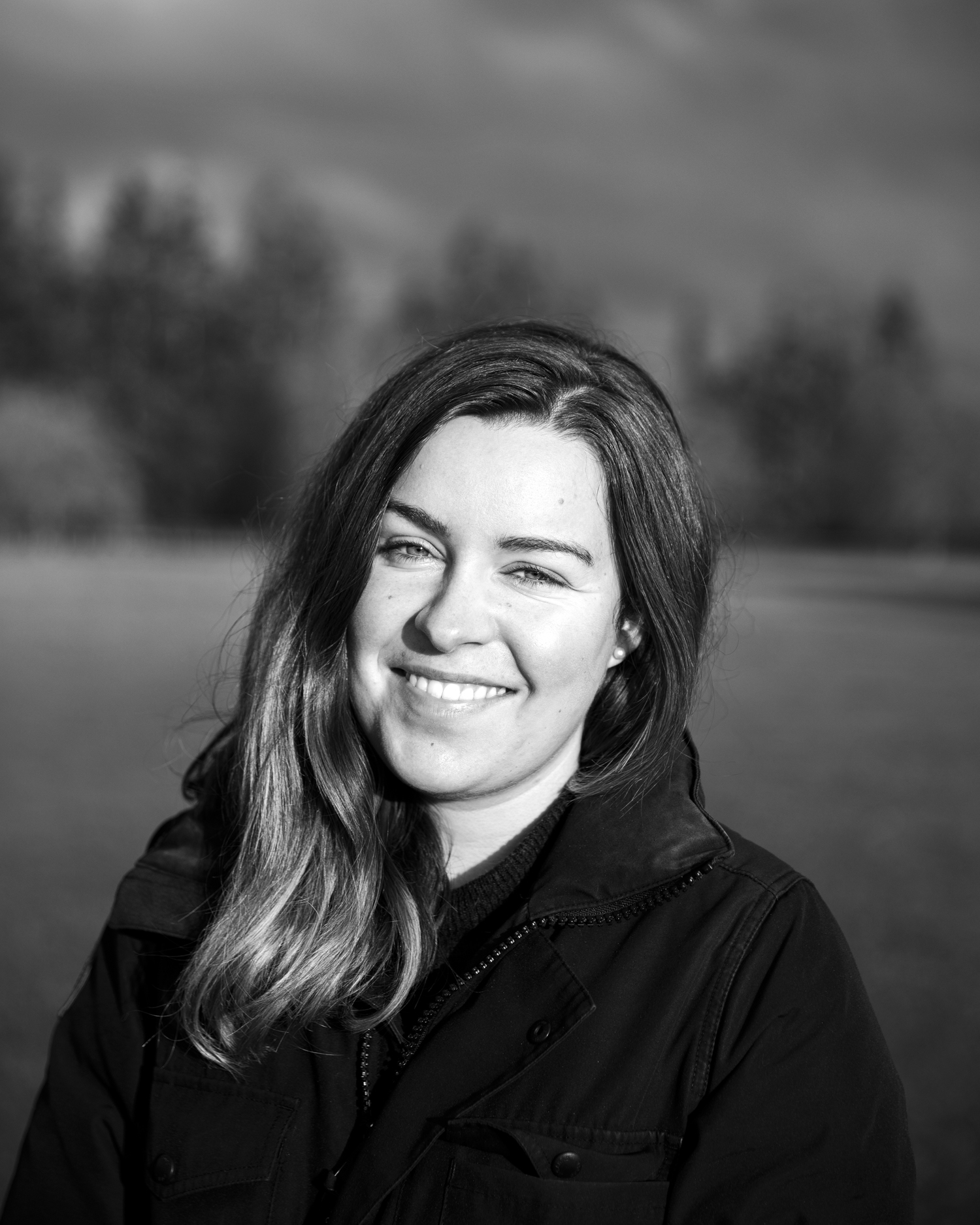
Lauren is a writer, reviewer, and photographer with ten years of experience in the camera industry. She's the former Managing Editor of Digital Camera World, and previously served as Editor of Digital Photographer magazine, Technique editor for PhotoPlus: The Canon Magazine, and Deputy Editor of our sister publication, Digital Camera Magazine. An experienced journalist and freelance photographer, Lauren also has bylines at Tech Radar, Space.com, Canon Europe, PCGamesN, T3, Stuff, and British Airways' in-flight magazine. When she's not testing gear for DCW, she's probably in the kitchen testing yet another new curry recipe or walking in the Cotswolds with her Flat-coated Retriever.
